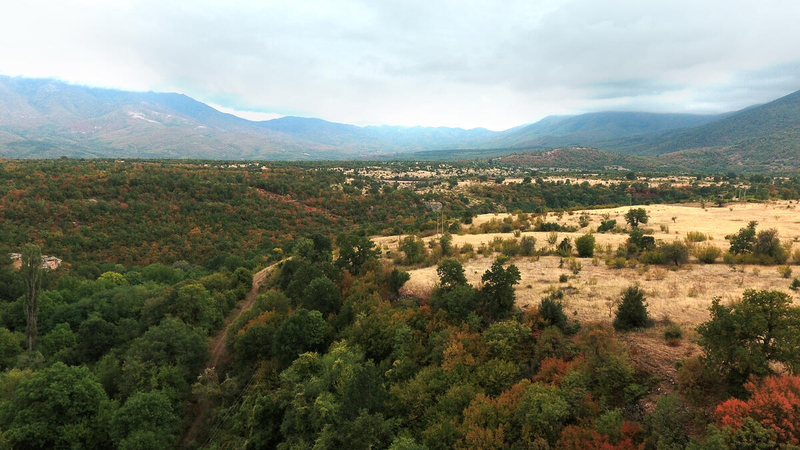Enhanced forest fire management will bolster North Macedonia’s climate resilience

©FAO
North Macedonia’s forestry sector, historically the country’s primary greenhouse gas (GHG) sink, is increasingly vulnerable to the impacts of climate change. More frequent forest fires, rising temperatures, and land use changes are weakening the sector’s ability to sequester carbon. To reverse this trend, the country’s enhanced nationally determined contribution (ENDC) sets clear targets to cut emissions in the forestry sector by 2030 through improved fire management and large-scale afforestation.
To help meet these commitments, a new project has been approved by the Green Climate Fund (GCF), the world's largest dedicated climate fund, for North Macedonia under its Readiness and Preparatory Support Programme. The project will support national decarbonization efforts by strengthening institutional capacities for integrated forest fire management and enhancing the transparency, availability, and use of climate information. These efforts aim to reduce GHG emissions from forests, increase carbon sequestration, and improve the country’s overall climate resilience.
The two-year initiative was officially launched on 20 May at an event hosted by the government, bringing together representatives from key national institutions, ministries, academia, and development partners.
This is the sixth Green Climate Fund Readiness project in North Macedonia and the fourth implemented in partnership with the Food and Agriculture Organization of the United Nations (FAO). The project is led by FAO under the guidance of the Office of the President of the Government, serving as the National Designated Authority (NDA) for the GCF.
Officially launching the project, Dame Dimitrovski, Advisor to the President of the Government on Environment and Climate and Primary Focal Point for the GCF, said: “North Macedonia is firmly committed to protecting its forests as a cornerstone of sustainable development and climate resilience. This project marks a critical step forward—strengthening our national response to forest fires, advancing low-emission development, and helping us deliver on our commitments under the Paris Agreement.”
“FAO values the trust of the Government of North Macedonian and is proud to serve as a key GCF partner, supporting the country’s climate priorities through targeted, high-impact interventions,” said Jeremy Schlickenrieder, FAO Natural Resources Officer and Lead Technical Officer of the project. He emphasized that this project lays a solid foundation for scaling up investment in high-impact projects that make the forestry sector more efficient, sustainable and resilient to climate change. By strengthening national capacities for integrated fire management and enhancing climate data collection and information sharing, it directly supports the reduction of GHG from forests and the achievement of NDC commitments. “Strategic planning will further guide efforts to prevent forest fires and mobilize resources and investments for sustainable, climate-resilient forests,” he added.
Looking ahead, FAO will continue working closely with the Government of North Macedonia and the GCF to build on the readiness efforts and explore opportunities to scale up climate action through the GCF and other partners that help the country meet its adaptation and mitigation priorities across key sectors, including agriculture, forestry and land use.